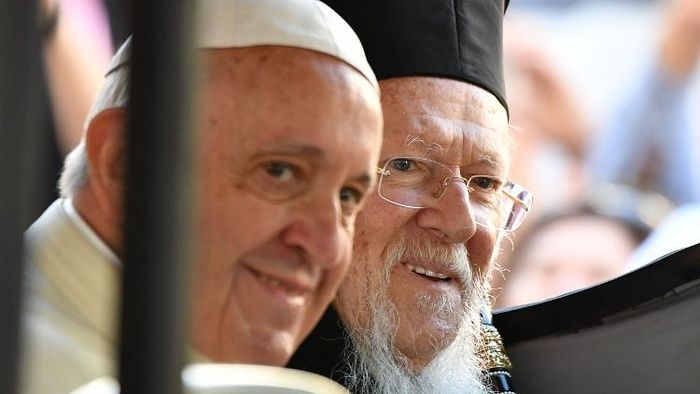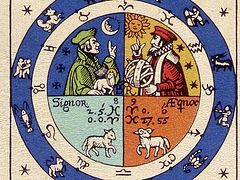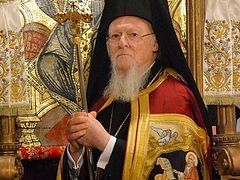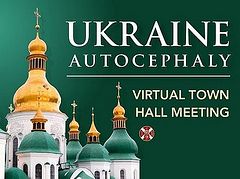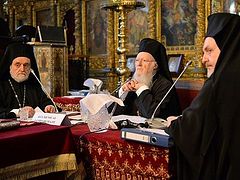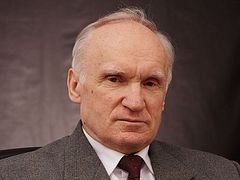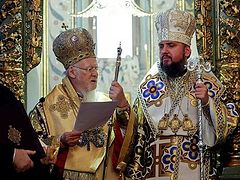These thoughts on the current crisis in Ukraine were offered by an Orthodox-leaning Anglican priest of the Church of Ireland, who serves in County Kilkenny, Republic of Ireland. Fr. Patrick Burke is a graduate of National University of Ireland and Trinity College, Dublin, with a Masters degree from Troy State University, Alabama.
Many years ago when Constantine moved the capital of the Roman Empire to Byzantium and renamed it Constantinople it was often referred to as the “New Rome”. With the passage of time and the passing of the Empire that title slipped away. However, echoes of Rome seem to be returning to Byzantium. The Ecumenical Patriarch Bartholomew has made claims towards a degree of universal jurisdiction in his letter to the Albanian Orthodox Church that seems more reminiscent of the papacy than Orthodoxy. One might therefore be forgiven for wondering if the Constantinople of today is beginning to think itself once more as the “New Rome”.
What is happening concerning in the Ukraine is poorly understood, I think, by most Western observers. This is not surprising. While training to become an Anglican priest I noticed a curious thing regarding the study of Church history. The vast majority of books went almost directly from the establishment of Christianity as the official religion of the Roman Empire under Constantine to the time of Reformation in the fifteenth Century. This was a gap of over a thousand years.
The reason, I think, is that books looking at things from a Protestant perspective wanted to skip over what was to them the history of the Roman Catholic Church; and even the Catholic-oriented volumes seemed to prefer to pass over the long centuries in which nothing they considered very dramatic happened so that they could get to the more exciting years of conflict and confrontation that came about when characters such as Martin Luther and John Calvin came on the scene.
This skipping over vast swathes of Church history, however, comes at a price. And that price is a general ignorance not only of a huge part of that history, but a particular ignorance of the relations between the Church in the East and the West and how and why it was that the great Schism between the two took place in the eleventh century.
The whys and wherefores of that matter are too complex to go into here. But one very important reason for the separation was a rejection of the Eastern Church led, ironically enough, by Constantinople, of claims by Rome to having a universal jurisdiction over the entire Church. So it can only seem strange that Constantinople today should seem to be set on imitating the claims of its old rival.
Like many in the West my understanding of the manner in which the various Orthodox Churches relates one to another is relatively poor. But I do, I think, understand the principle behind autocephaly, which is that each of the churches is independent and self-governing and that none of the other churches is entitled to interfere in how another church manages its affairs. And while I am no expert in the Canons of the Church, I know enough to realize that there is nothing in them to permit the actions of the Ecumenical Patriarch either in the internal affairs of the Church in the Ukraine or indeed in the manner in which he has dismissed the objections to that interference raised by the Albanian Orthodox Church.
In the absence of a canonical basis to these jurisdictional claims, it would seem to me all that remains is Constantinople’s former status as the New Rome. However, the Empire is long gone; what need has anyone today of a New Rome? And Constantinople might do well to reflect on the fact that if such claims were to have any merit, the Old Rome still remains; it can only make its claims if it accepts the claims of the other. Constantinople’s resurrection as the New Rome leads inexorably to its bowing in obedience to the Old.

